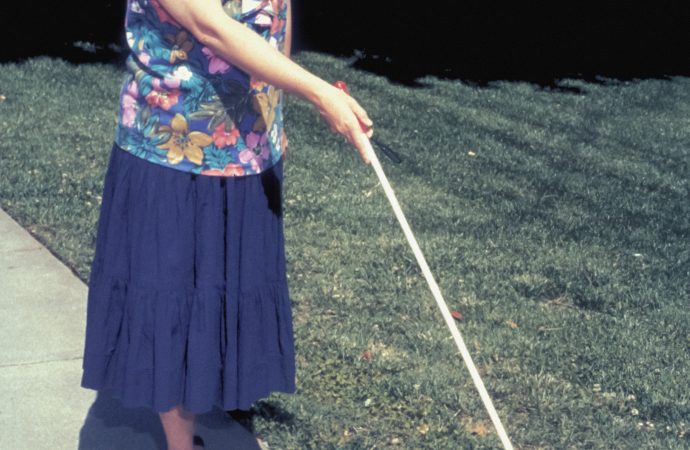Glaucoma is a serious eye disease that can lead to vision loss or blindness if left untreated. While genetics and age are significant risk factors, lifestyle habits also play a role in the development and progression of the disease. Here are some lifestyle habits that can increase or decrease your risk of glaucoma. Exercise Regular
Glaucoma is a serious eye disease that can lead to vision loss or blindness if left untreated. While genetics and age are significant risk factors, lifestyle habits also play a role in the development and progression of the disease. Here are some lifestyle habits that can increase or decrease your risk of glaucoma.
Exercise Regular exercise has been shown to decrease the risk of developing glaucoma. A study published in the Journal of Glaucoma found that individuals who engaged in moderate to vigorous physical activity were less likely to develop the disease than those who were sedentary. Exercise may help reduce intraocular pressure, a key risk factor for glaucoma, by improving blood flow and reducing inflammation.
Diet A healthy diet rich in fruits, vegetables, and omega-3 fatty acids may help decrease the risk of glaucoma. Studies have shown that diets high in antioxidants, such as vitamin C and E, can protect against oxidative stress and reduce the risk of glaucoma. Additionally, omega-3 fatty acids found in fish and nuts may help improve blood flow to the eyes and reduce inflammation, potentially decreasing the risk of glaucoma.
Smoking Smoking is a significant risk factor for glaucoma. A study published in the Journal of Glaucoma found that smokers were three times more likely to develop the disease than nonsmokers. Smoking can increase intraocular pressure, damage the optic nerve, and reduce blood flow to the eyes, all of which contribute to the development and progression of glaucoma.
Alcohol Alcohol consumption may increase the risk of glaucoma. A study published in the British Journal of Ophthalmology found that individuals who drank alcohol regularly had a higher risk of developing the disease than those who did not drink alcohol. The exact mechanism by which alcohol increases the risk of glaucoma is unclear, but it may be related to increased intraocular pressure or reduced blood flow to the eyes.
Sleep Sleep is important for overall health, and it may also play a role in the development of glaucoma. A study published in the journal Ophthalmology found that individuals who slept for less than six hours a night had a higher risk of developing glaucoma than those who slept for seven to eight hours. Lack of sleep may increase intraocular pressure, reducing blood flow to the eyes and increasing the risk of glaucoma.
Conclusion While genetics and age are significant risk factors for glaucoma, lifestyle habits also play a role in the development and progression of the disease. Regular exercise, a healthy diet, avoiding smoking and excessive alcohol consumption, and getting adequate sleep may all help decrease the risk of glaucoma. As with any health condition, it is important to consult with a healthcare professional about the best ways to manage and reduce your risk of glaucoma.
As a journalist, it is important to verify information and sources. The information presented in this article is based on reputable sources such as the National Eye Institute, the Glaucoma Research Foundation, and recent studies in the field of glaucoma and lifestyle habits. Adhering to journalistic ethics, it is also important to provide accurate and objective reporting.

















Leave a Comment
Your email address will not be published. Required fields are marked with *